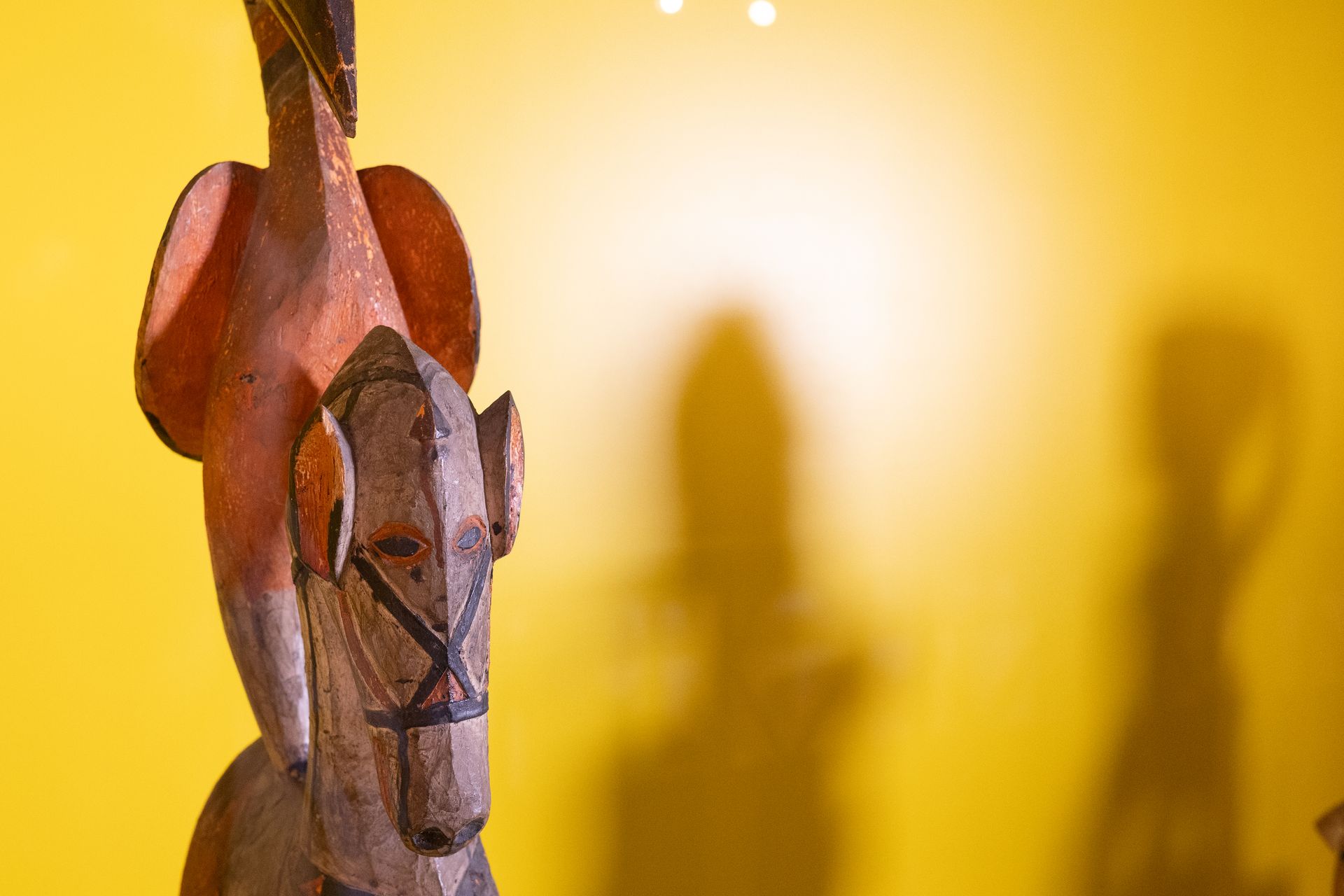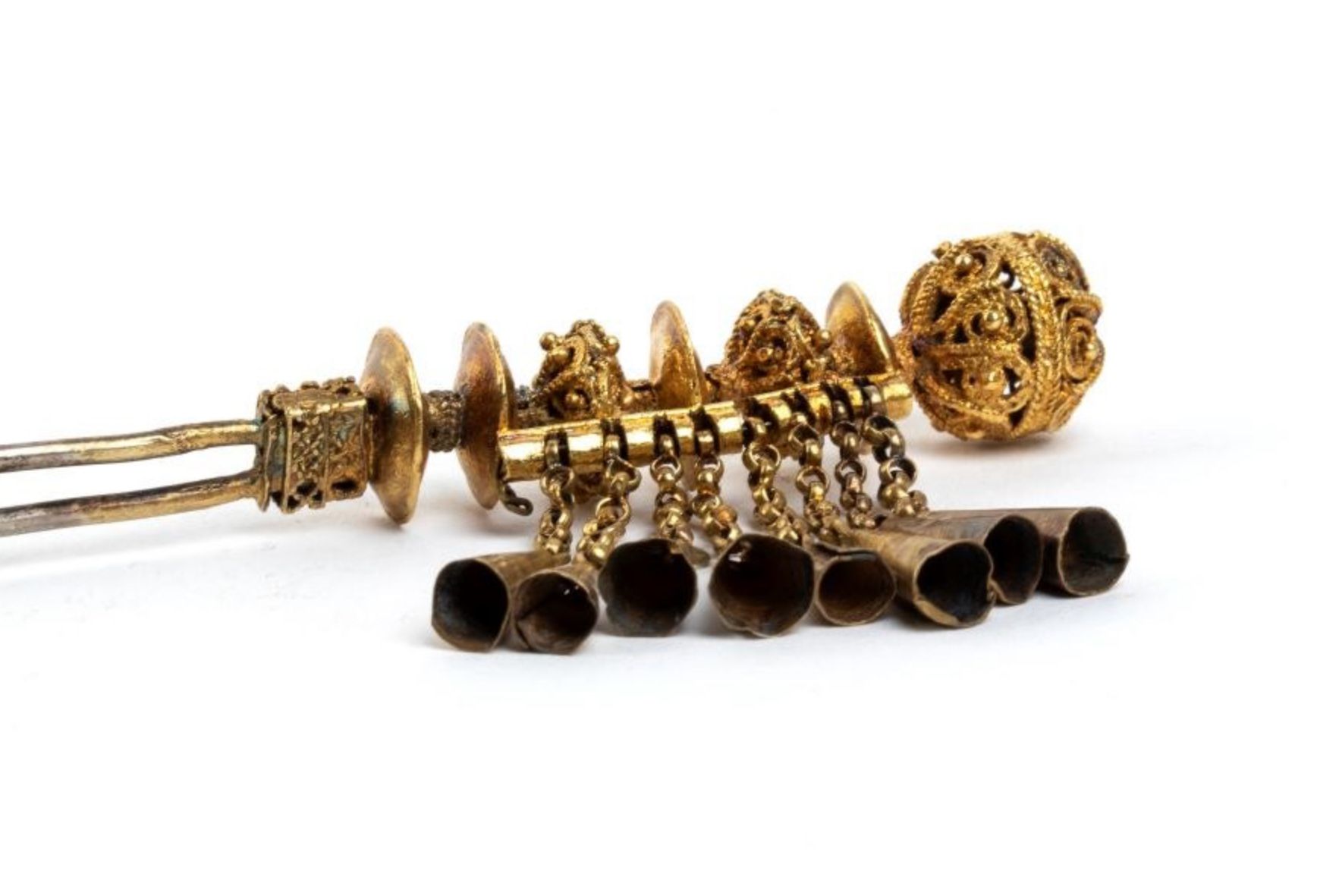Cultural Restitution
SHARE ARTICLE
Nigeria’s mission to recover Benin Bronzes, looted during the British raid on Benin City in 1897 and now held in the university collections of Oxford and Cambridge, could result in the largest ever repatriation of Benin artefacts from the United Kingdom.
Although both universities are supporting repatriation, the charitable status of their museum collections means authorisation by the UK Charity Commission is required before legal ownership can be transferred and the 213 Benin artefacts returned to Nigeria.
News of this latest repatriation follows other commitments made by US and European museums to return Benin artefacts. It also follows hard on the heels of Germany’s announcement made earlier month to return more than 1100 artefacts presently in German public collections. Overriding legal constraints, Germany has said it recognises these objects were removed illegally from Nigeria. Describing the transfer as a "significant step", Hermann Parzinger, the head of the Prussian Cultural Heritage Foundation, added the return is "a milestone in the process of reappraising colonial injustice in the field of museum collections".
This latest initiative from Oxford and Cambridge means that Germany is not alone in highlighting 'theft' as grounds for returning looted colonial artefacts. Reinforcing this change in approach to restitution, Professor Nicholas Thomas, director of Cambridge’s Museum of Archaeology and Anthropology (MAA), which has identified 116 objects in their collection confirmed or presumed looted, has drawn attention to a growing recognition within the global museum sector “that illegitimately acquired artefacts should be returned to their countries of origin.”
Nigeria’s National Commission for Museums and Monuments (NCMM) approached Oxford’s Pitt Rivers and Ashmolean Museums, and Cambridge’s MAA on January 7 this year, presenting each museum with a formal claim to recover their looted Benin artefacts.
Five months after Nigeria’s claim was made, the Council of the University of Oxford “considered and supported” the claim for the return of their collection of 97 Benin objects at a meeting on 22 June.
“The University is now submitting the case to the Charity Commission, recommending transfer of legal title to the objects to the NCMM,” said a statement.
As we anticipated in March, Cambridge University recommended the same at a meeting of their University Council on 18 July. Professor Thomas points out that Cambridge has played an active role engaging with Nigerian stakeholders since it first hosted the Benin Dialogue Group in 2017. It also has a proven, well-defined and research-oriented process for restitution. The University’s Pro-Vice-Chancellor Professor Kamal Munir welcomed representatives of the Royal Court of Benin, the NCMM and other Benin Dialogue Group delegates to the MAA in October 2021.
It’s understood the Charity Commission will authorise both requests by autumn 2022. However, authorisation will not lead to an immediate transfer of artefacts. In the long term, all 213 objects are expected to be transferred to the new Edo Museum of West African Art, but this museum is still several years away from completion. In the meantime, all 213 objects are likely to remain in situ.
The NCMM has also indicated it welcomes proposals for future loan arrangements, a plan they’ve already agreed with Germany. This would enable some of the Benin artefacts to remain on loan in Cambridge and Oxford, even though official legal ownership will have transferred to Nigeria.
After this was written.....
A New York-based Restitution Study Group, which campaigns on behalf of the descendants of enslaved people to secure repatriations, has intervened claiming a "co-ownership interest" in Benin objects being transferred by UK museums to Nigeria. The Executive Director of the Group has sent an open letter to the UK Charity Commission urging them to reject these and other plans to repatriate the objects to Nigeria (History Reclaimed). Instead, they propose the museums should hold them in trust: "they are the wealth and legacy of slave descendants, not the slave traders". The Group argues the Kingdom of Benin, through Nigeria, would be unjustly enriched by their repatriation. "Nigeria and the Kingdom of Benin have never apologized for enslaving our ancestors," explains the letter. "We ask that you do not approve the transfer of these relics." Slavery was a significant source of wealth for the Kingdom of Benin and many of the 'Bronzes' looted from Benin City were made from melted-down currency earned from the trade in African slaves.
Photo: Lost-wax cast commemorative head of an Oba, Benin City (MAA ID No. E1902.95)
Courtesy of Museum of Archaeology and Anthropology, Cambridge
More News



